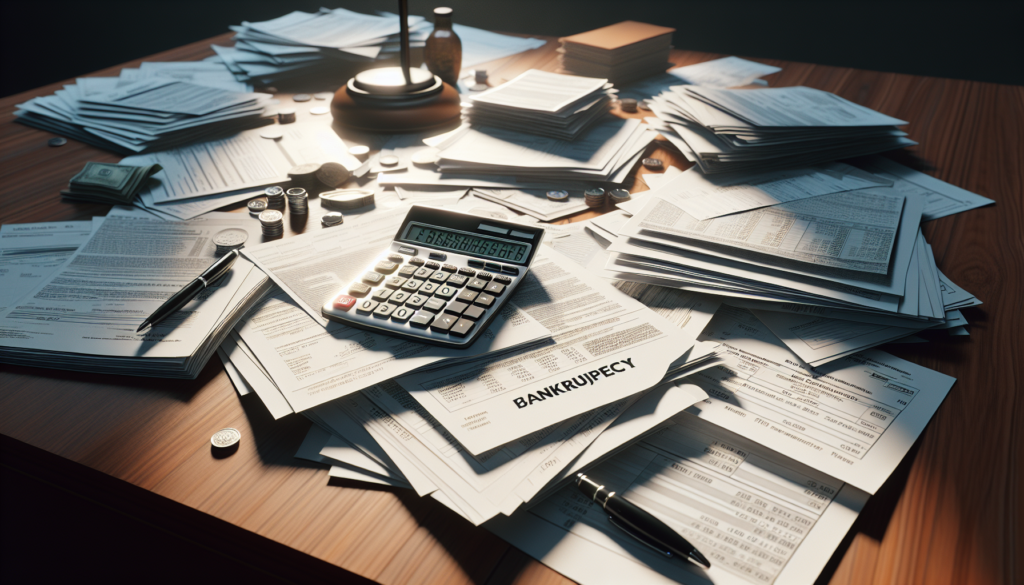
There is no specific minimum debt requirement to file for Chapter 7 bankruptcy. The decision to file is more about your ability to repay your debts than the amount you owe. Here are some factors to consider when determining if Chapter 7 bankruptcy is the right choice for you:
1. Ability to Repay:
The means test is a pivotal element in the Chapter 7 filing process. It evaluates your financial situation by comparing your average monthly income to the median income for a similar household in your state. If your income is below the median, you likely qualify for Chapter 7. If it’s above, you’ll need to provide detailed information about your expenses to determine if you have enough disposable income to repay some of your debts. The test aims to ensure that Chapter 7 is reserved for those who genuinely cannot afford to pay back their debts.
2. Types of Debt:
Understanding the nature of your debts is crucial because Chapter 7 bankruptcy doesn’t discharge all types of debt. For instance, if a significant portion of your debt consists of student loans or recent tax debts, Chapter 7 might not provide the relief you’re seeking, as these debts are typically non-dischargeable. Evaluating the composition of your debts can help you decide whether Chapter 7 will be effective in alleviating your financial burden.
3. Asset Protection:
One of the fears associated with Chapter 7 is the potential loss of assets. The bankruptcy code allows for certain exemptions that protect specific assets up to certain values, such as equity in your home, car, personal belongings, and retirement accounts. However, non-exempt assets could be liquidated by the bankruptcy trustee to pay creditors. It’s essential to assess which of your assets are at risk and whether the benefits of discharging your debts outweigh the potential loss of assets.
4. Financial Distress:
Bankruptcy is a tool for those in severe financial distress. If you’re facing aggressive collection actions, such as wage garnishments, lawsuits, or foreclosure, and your debt is unmanageable, Chapter 7 can offer a fresh start. It’s about assessing whether your financial situation is dire enough that the relief offered by bankruptcy outweighs the negative implications, like the impact on your credit score.
5. Impact on Credit:
While bankruptcy can provide immediate relief from debt, it has long-term consequences for your credit. A Chapter 7 bankruptcy remains on your credit report for 10 years, which can make obtaining new credit more challenging and expensive. However, for many, the opportunity to eliminate overwhelming debt and start rebuilding credit sooner can be more beneficial than continuing to struggle with an unsustainable financial situation.
6. Alternatives:
Before deciding on bankruptcy, it’s wise to explore other debt relief options. Debt consolidation, debt management plans, or debt settlement might be viable alternatives, depending on your circumstances. These options can also impact your credit but might offer a different set of advantages and disadvantages compared to bankruptcy.
7. Legal Advice:
Given the complexities and long-term implications of bankruptcy, consulting with a bankruptcy attorney is invaluable. An attorney can provide a detailed analysis of your situation, help you understand the nuances of the bankruptcy process, and guide you in making a decision that aligns with your financial goals and circumstances.
Deciding to file for Chapter 7 bankruptcy is a significant decision that should be based on a comprehensive assessment of your financial situation, not just the amount of debt you owe. By carefully considering your ability to repay, the nature of your debts, the potential impact on your assets, and the long-term effects on your credit, you can make an informed choice about whether Chapter 7 is the right path for you.


Get a Free Bankruptcy Case Evaluation